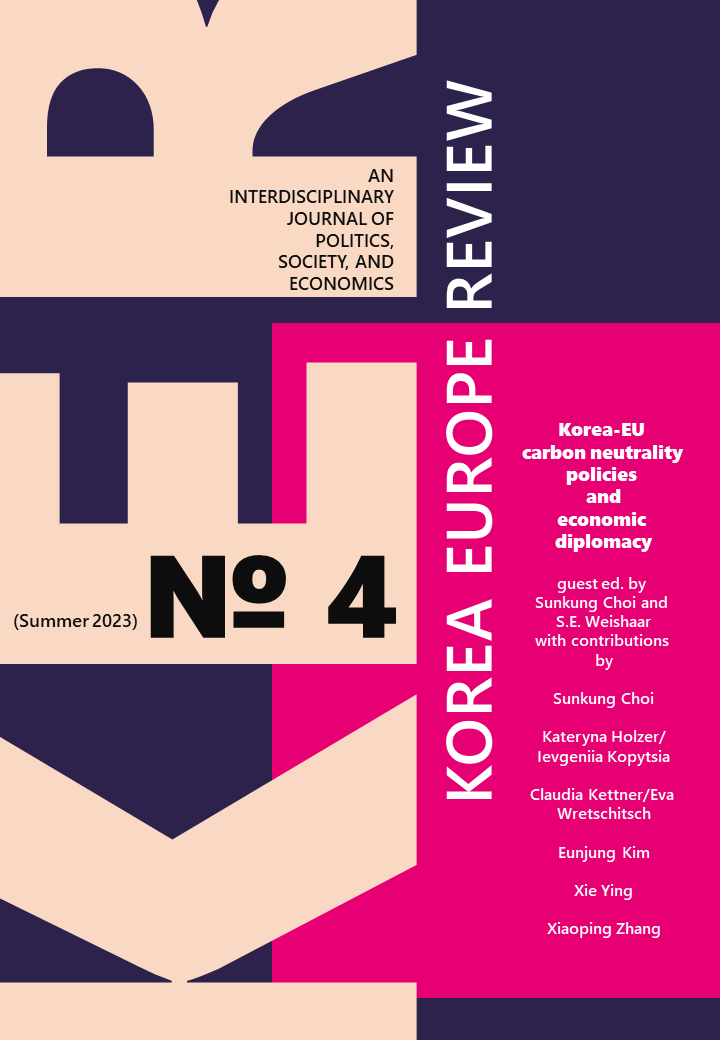Upgrading for 30-60 Targets: China’s Policy Framework on Carbon Peaking and Carbon Neutrality
DOI:
https://doi.org/10.48770/ker.2023.no4.21Keywords:
Aviation emissions, CORSIA, EU ETS, China ETS, Normative power conflict, Diplomatic challengesAbstract
As the largest developing economy and the biggest emitter of greenhouse gases, China is contributing to global efforts to combat climate change by the commitment to peak carbon dioxide emission before 2030 and achieve carbon neutrality before 2060. Besides the considerations of fulfilling international obligations, China’s 30/60 targets are the result of continual evolution and upgrading of domestic decarbonization policies. To this end, China is constructing a “1+N” policy system and upgrading existing policies such as “dual control” over energy consumptions, production capacity management, emissions trading, and green finance. At the same time, China is facing challenges such as onerous workload, bottlenecks of energy transition, regional imbalances, technological innovation and accounting and statistics of the GHG emissions. It is expected that these challenges will highlight the importance of transforming development paradigms and accelerating research and development, and will further stimulate the upgrading of China’s policy system.
References

Downloads
Published
Issue
Section
License
Copyright (c) 2023 Xiaoping Zhang

This work is licensed under a Creative Commons Attribution 4.0 International License.


